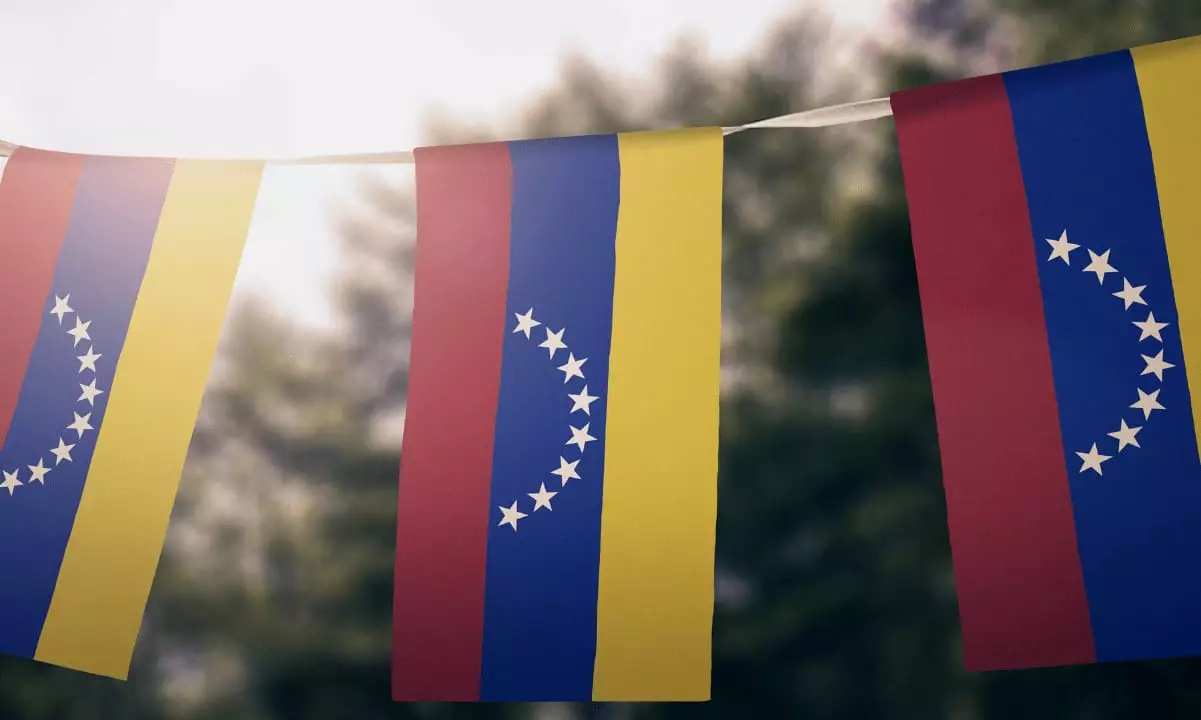Venezuela’s state-owned oil and gas company, PDVSA, is adopting a strategy to ramp up its utilization of cryptocurrency, specifically the largest stablecoin by market capitalization, USDT. This move comes in response to the US sanctions imposed on the country, which have restricted its ability to engage in traditional financial transactions. By incorporating USDT for oil sales and fuel exports, PDVSA aims to navigate around the limitations imposed by these sanctions.
The decision by the United States to not renew a general license that temporarily lifted sanctions in Venezuela’s oil and gas sector has prompted PDVSA to expedite its reliance on USDT. The general license, issued in October, was contingent on President Nicolás Maduro’s commitment to facilitating a free and fair election in 2024. However, due to alleged failure in upholding this promise, the US chose to reimpose sanctions, constraining Venezuela’s oil export activities.
In light of the reinstated sanctions, PDVSA has taken concrete steps to bolster the use of USDT for its transactions. This shift involves requiring new customers to possess a digital wallet holding cryptocurrency, thereby minimizing the risk of assets being frozen in foreign bank accounts. By mandating the use of USDT for half of the value of each cargo in prepaid transactions, PDVSA aims to ensure smooth operations amidst the challenging economic landscape.
While the dominance of the US dollar in global trade remains undisputed, Venezuela’s adoption of cryptocurrency for oil and gas transactions signals a departure from conventional practices. The decision to incorporate USDT, albeit through intermediaries, reflects a strategic maneuver to sidestep the regulatory hurdles posed by traditional financial systems. However, this reliance on intermediaries may also entail a reduction in overall oil proceeds for PDVSA in the long run.
Venezuela’s foray into the realm of state-backed cryptocurrency was exemplified by the introduction of Petro in 2018. Despite initial enthusiasm, Petro failed to gain widespread traction and encountered criticism both domestically and internationally. The eventual decision to discontinue Petro in January 2024 serves as a cautionary tale, highlighting the challenges associated with launching and sustaining a government-led digital currency initiative.
Venezuela’s strategic pivot towards crypto, particularly USDT, underscores the country’s determination to navigate the complexities of economic sanctions. While this shift enables PDVSA to continue its oil exports amidst challenging circumstances, the long-term implications of relying on cryptocurrency for transactions remain uncertain. As geopolitical dynamics continue to evolve, Venezuela’s experiment with crypto serves as a case study in the ever-changing landscape of international finance.















